
Posted By: Medsole RCM
Posted Date: Jul 14, 2025
Claim denials are one of the most regular challenges in medical billing. Whether it's a missing modifier, incorrect code, or expired insurance, every denial delay revenue and creates extra work for providers and billing teams. In fact, the American Medical Association reports that nearly 10% of all claims submitted to payers are denied upon first submission.
At MedSole RCM, we’ve learned that most denials are avoidable with a proactive approach. This blog breaks down the top 20 reasons claims are denied and shows how effective denial management can turn those rejections into recoverable revenue.
Each denied claim adds labor hours, delays payments, and risks never being reimbursed. On average, it costs $25–$100 to rework a denied claim, and up to 65% of practices simply write them off due to lack of resources. That’s why a denial isn’t just a rejection it’s a red flag that must be addressed immediately.
Denial management is not just about fixing rejected claims but it's about preventing them in the first place. It involves tracking denial trends, analyzing root causes, and applying real-time corrections throughout the billing cycle.
Hospitals and health systems have been challenged by lower collection rates and high denials from insured patients, which created financial headwinds. Below are the top 20 reasons claims are denied along with how denial management processes can resolve and prevent them.
At MedSole RCM, we follow a structured denial management workflow:
Claim denials not only impact your practice cash flow, but they also give you a chance to improve how your billing works. When you and your team understand the reasons behind denied claims, you will fix those issues and use strategies to stop them from happening again. By the help of good denial management system, you not only avoid future mistakes but also recover lost revenue.
The Expert at MedSole RCM use the right tools, knowledge, and continuous efforts to turn denied claims into approved payments. With our approach you can improve your overall billing process and we keep your revenue cycle moving smoothly.
Q. What is a claim denial in medical billing?
A claim denial happens if an insurance company decide that they will not pay for a service because of mistakes, missing details, or problems with the patient’s insurance policy.
Q. How is a denial different from a rejection?
Rejections occur before the claim is accepted into the payer’s system, while denials happen after the claim has been processed and evaluated.
Q. What is denial management?
Denial management means finding out the reason, why claims were denied, then fixing the issues, sending them again if required, and use strategies to improve the process to avoid future denials.
Q. Can denied claims be corrected and resubmitted?
Yes, most denied claims can be corrected and resubmitted if done within the payer’s time limits.
Q. What is the time limit to appeal a denial?
Each insurance panel has different timeframes, varies in between 30 to 180 days from the date of denial.
Q. How often should denial trends be reviewed?
Monthly trend analysis is recommended to catch recurring issues early.
Q. What are common preventable denials?
Examples include incorrect patient info, authorization issues, and coding mismatches.
Q. How does MedSole RCM reduce denial rates?
Our Experts will keep an eye on every claim, fix the mistakes right away, appeal the denied claims, and teaching staff how to handle common problems.
Get quick highlights instantly
Recent Blogs

Posted Date: Jun 24, 2025

Posted Date: Jun 26, 2025

Posted Date: Jun 28, 2025

Posted Date: Jun 30, 2025

Posted Date: Jul 02, 2025

Posted Date: Jul 04, 2025

Posted Date: Jul 07, 2025

Posted Date: Jul 09, 2025

Posted Date: Jul 11, 2025

Posted Date: Jul 14, 2025

Posted Date: Jul 16, 2025

Posted Date: Jul 18, 2025

Posted Date: Jul 22, 2025

Posted Date: Jul 23, 2025

Posted Date: Jul 25, 2025

Posted Date: Jul 28, 2025

Posted Date: Aug 01, 2025

Posted Date: Aug 04, 2025

Posted Date: Aug 06, 2025

Posted Date: Aug 08, 2025

Posted Date: Aug 11, 2025

Posted Date: Aug 14, 2025

Posted Date: Aug 18, 2025

Posted Date: Aug 20, 2025

Posted Date: Aug 25, 2025

Posted Date: Aug 27, 2025

Posted Date: Aug 29, 2025

Posted Date: Sep 03, 2025

Posted Date: Sep 05, 2025

Posted Date: Sep 08, 2025

Posted Date: Sep 15, 2025

Posted Date: Sep 18, 2025

Posted Date: Sep 22, 2025

Posted Date: Sep 24, 2025

Posted Date: Sep 26, 2025

Posted Date: Sep 29, 2025

Posted Date: Oct 02, 2025
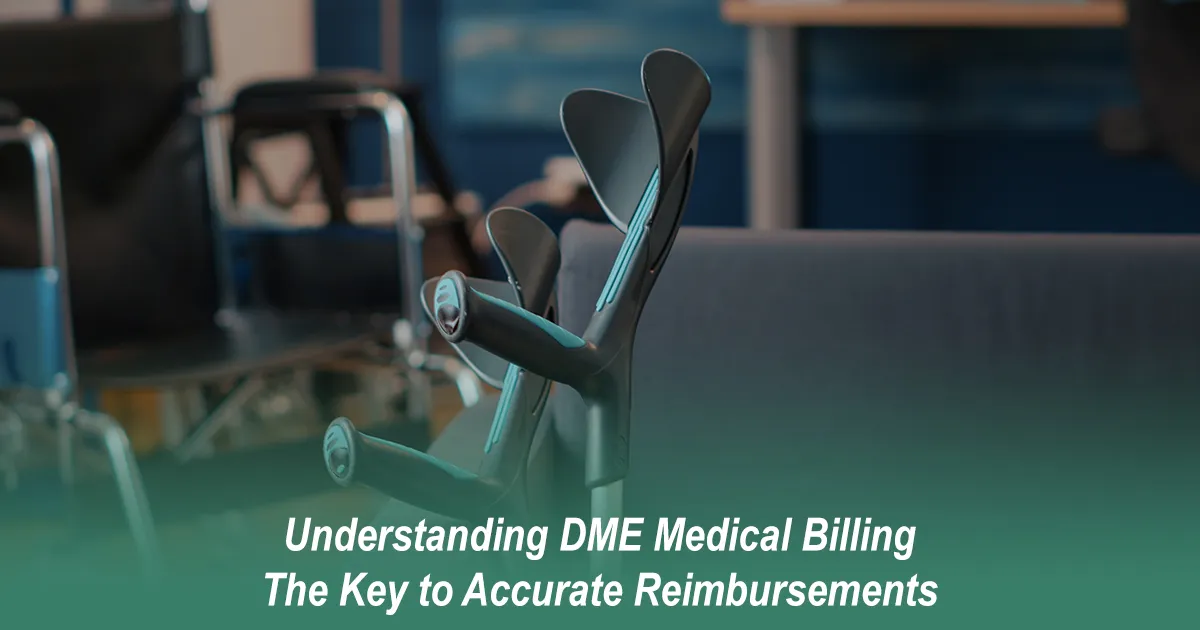
Posted Date: Oct 13, 2025

Posted Date: Oct 16, 2025

Posted Date: Oct 23, 2025

Posted Date: Oct 27, 2025

Posted Date: Oct 28, 2025

Posted Date: Oct 30, 2025
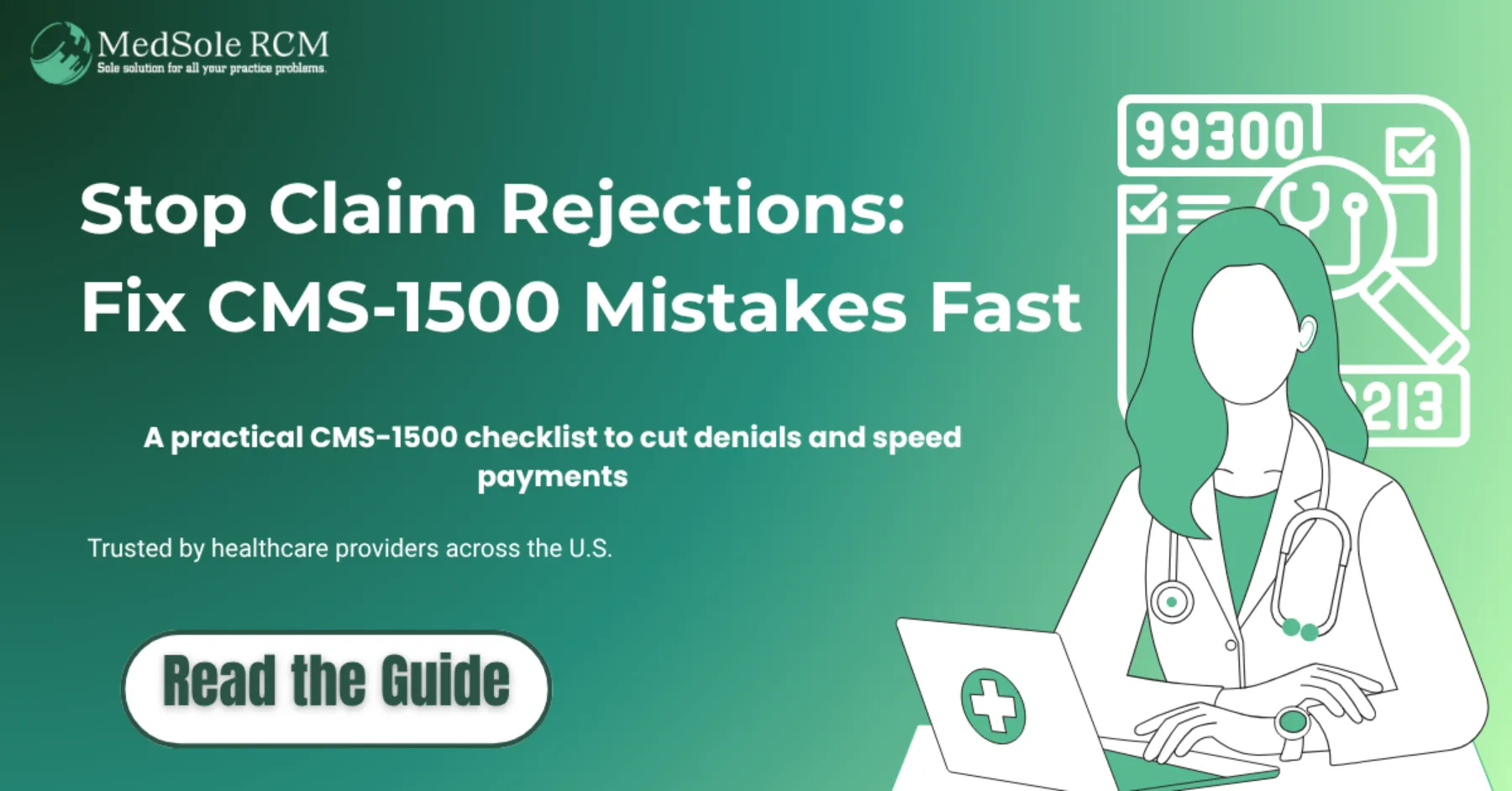
Posted Date: Oct 31, 2025

Posted Date: Nov 03, 2025

Posted Date: Nov 05, 2025
_11zon.webp)
Posted Date: Nov 11, 2025
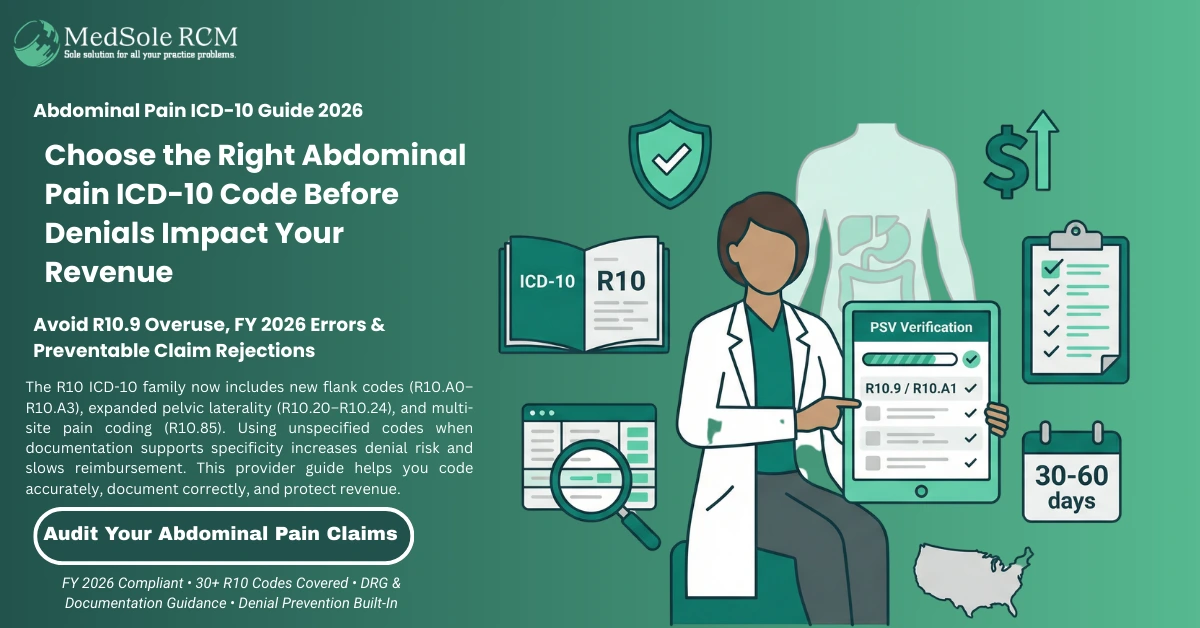
Posted Date: Nov 14, 2025

Posted Date: Jan 05, 2026
.png)
Posted Date: Jan 02, 2026
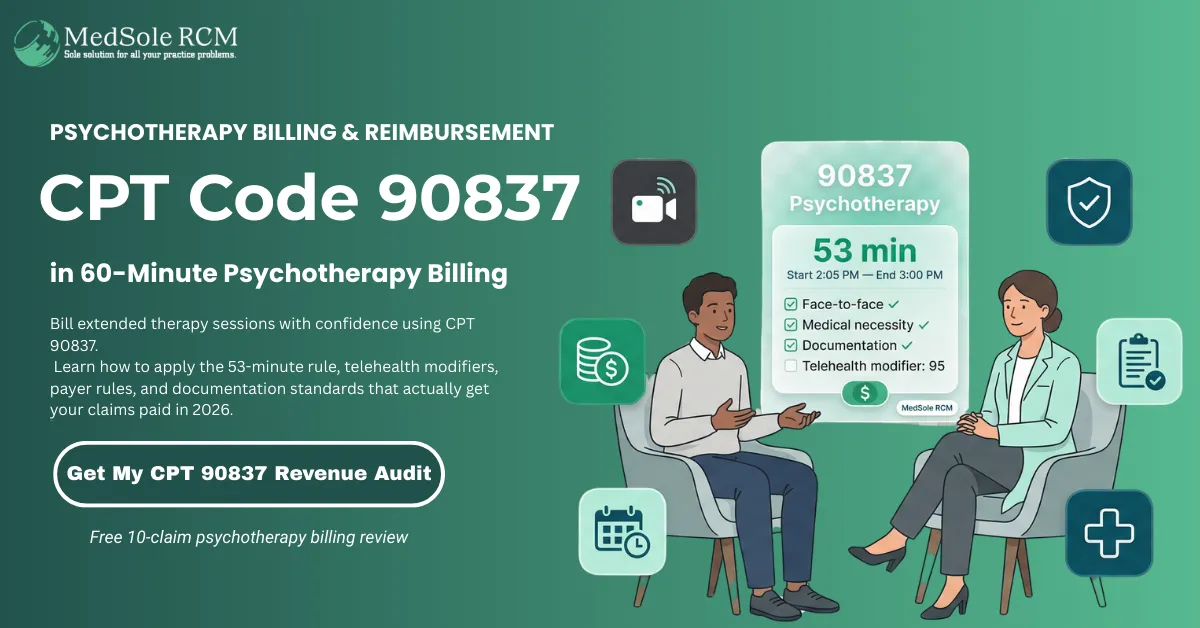
Posted Date: Jan 06, 2026
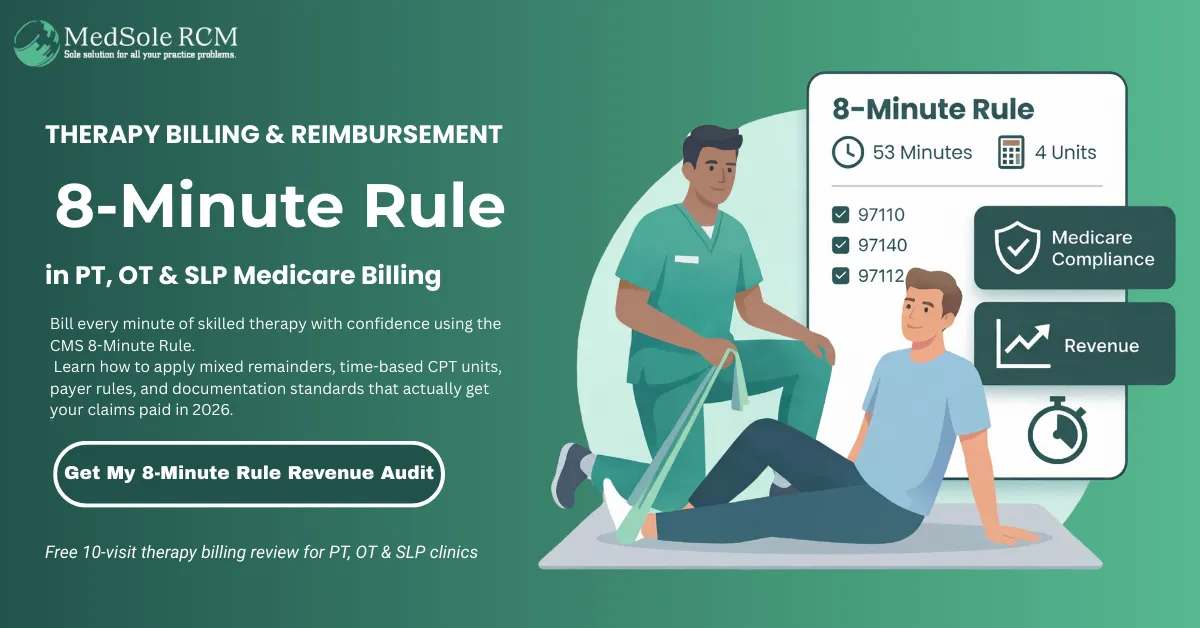
Posted Date: Jan 07, 2026
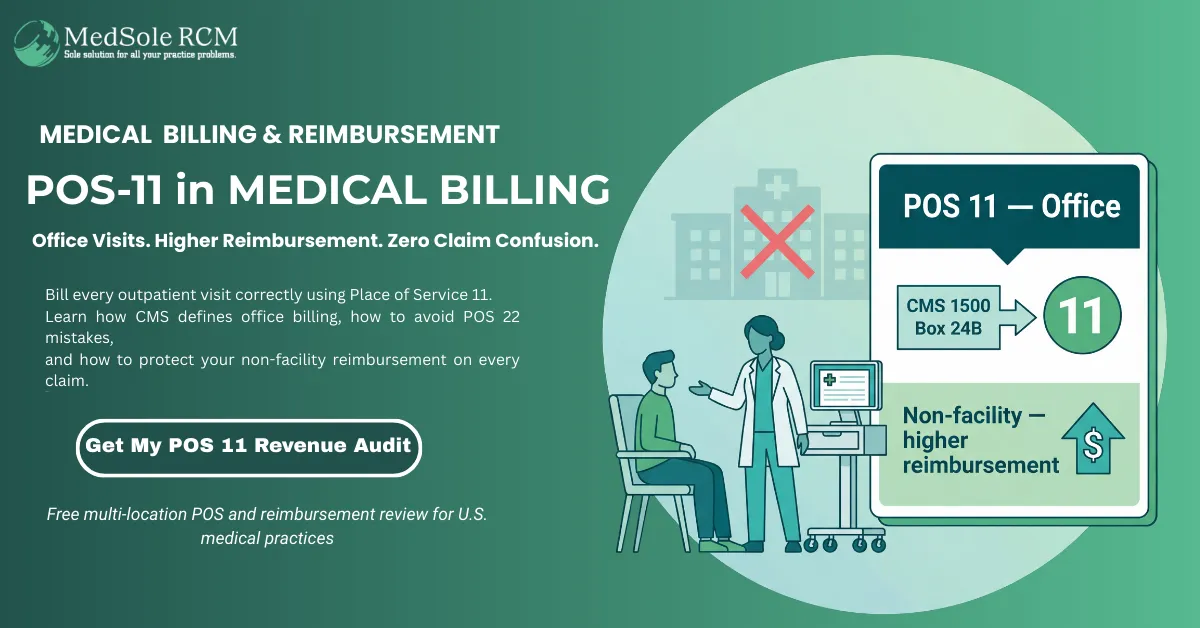
Posted Date: Jan 08, 2026
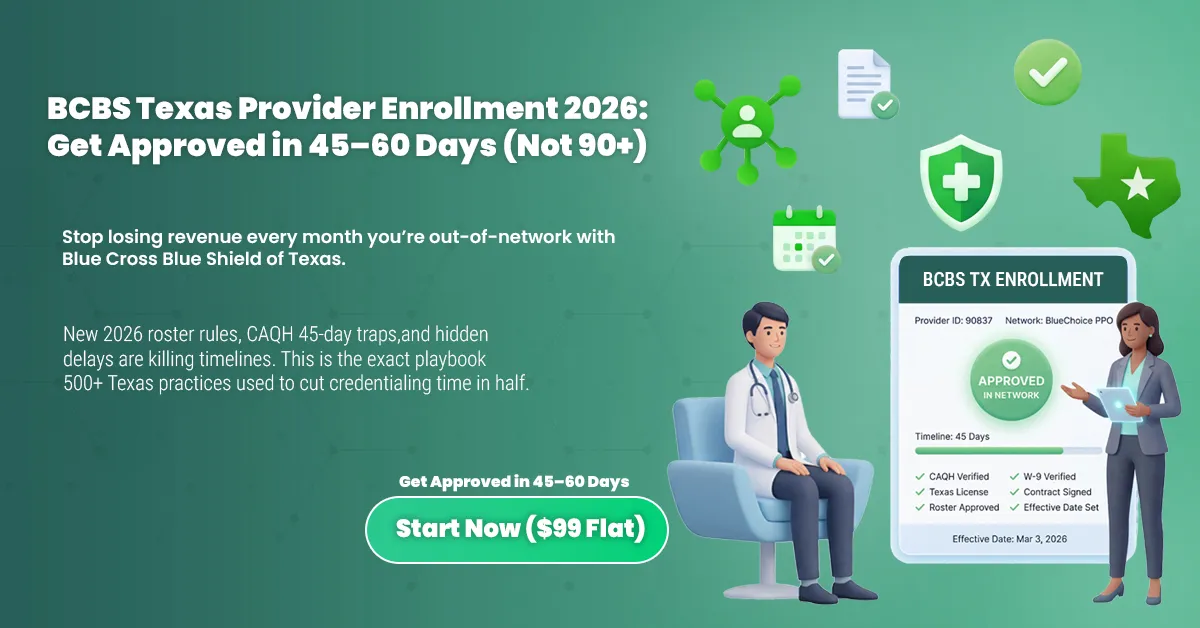
Posted Date: Jan 15, 2026
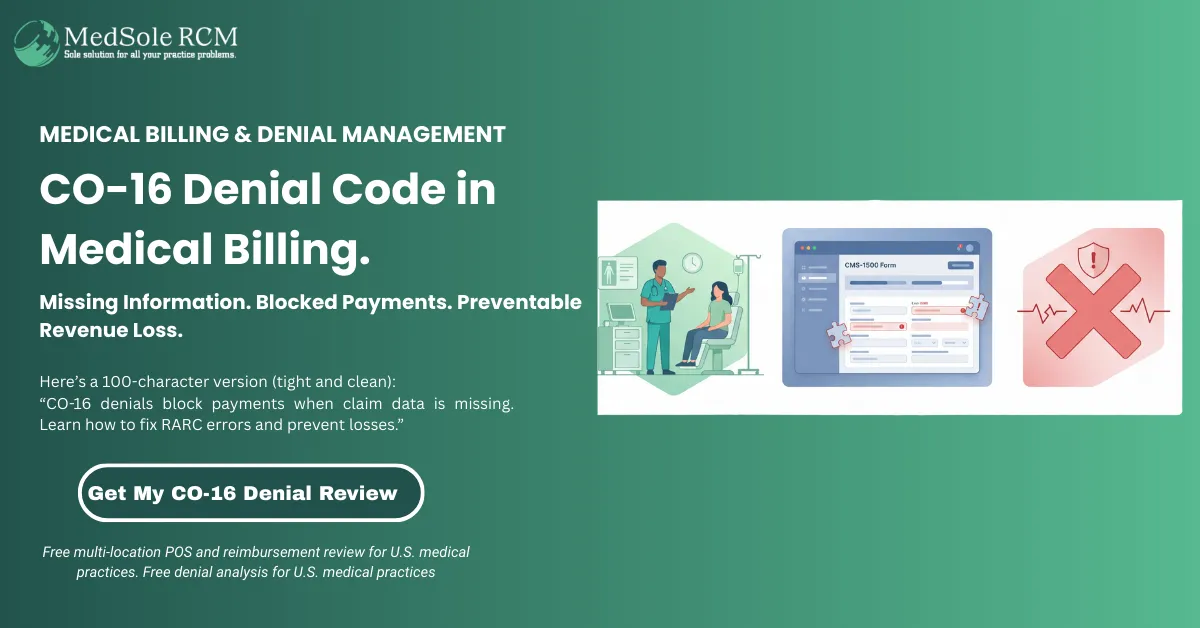
Posted Date: Jan 13, 2026
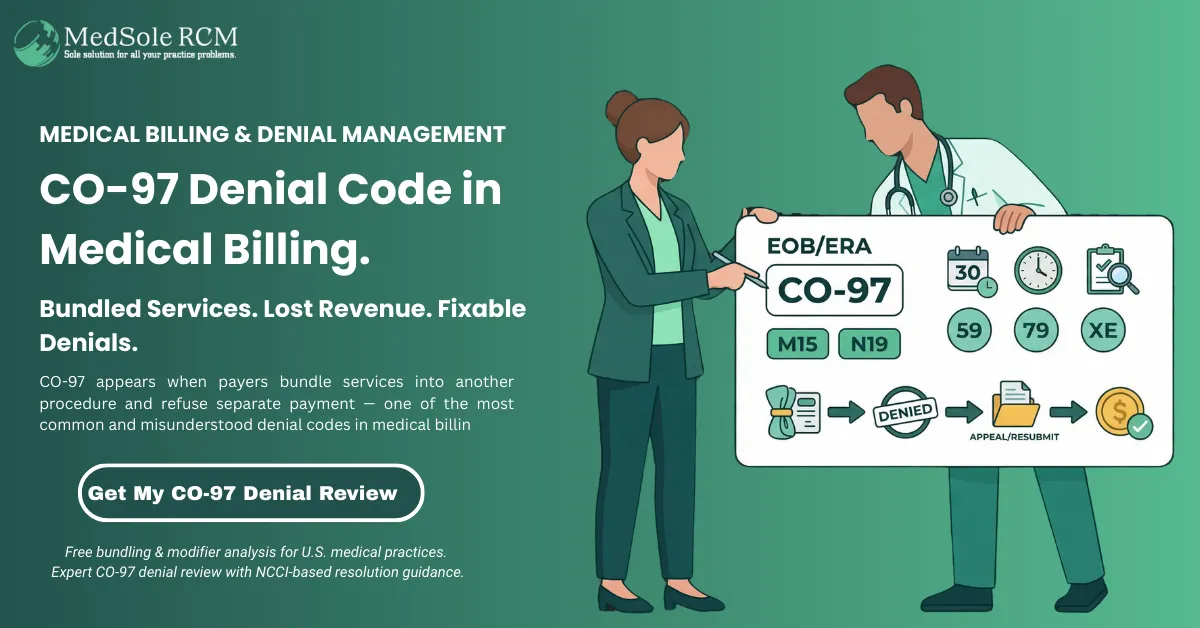
Posted Date: Jan 21, 2026

Posted Date: Jan 22, 2026
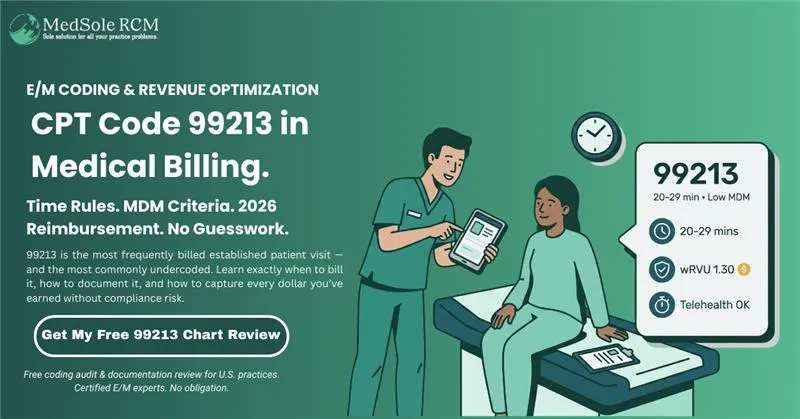
Posted Date: Jan 26, 2026
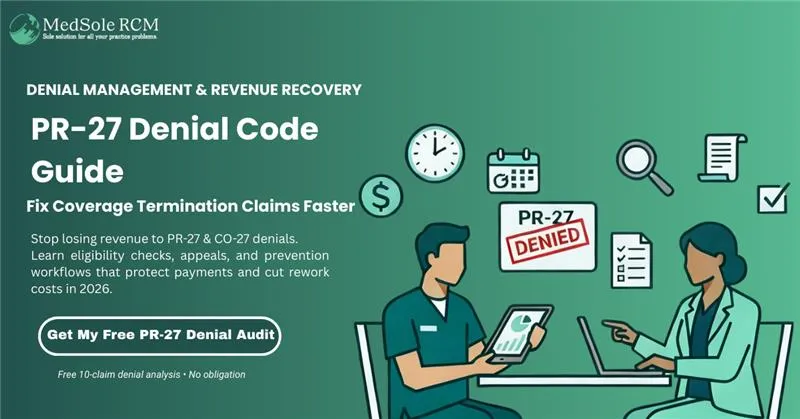
Posted Date: Jan 27, 2026
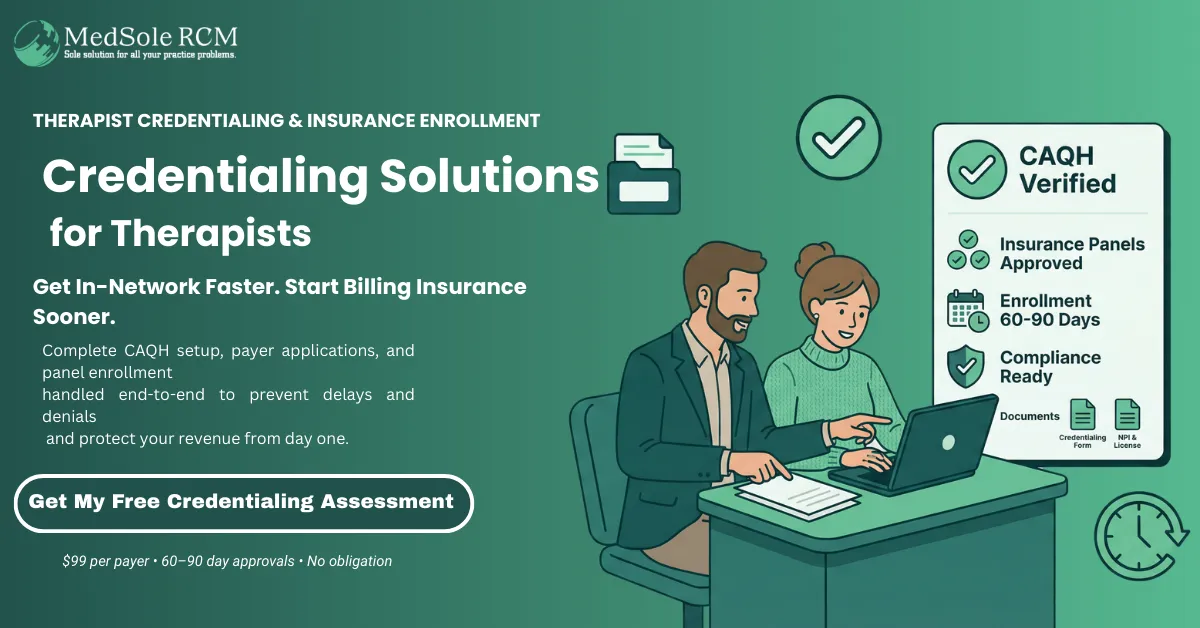
Posted Date: Jan 28, 2026
_11zon.webp)
Posted Date: Jan 29, 2026
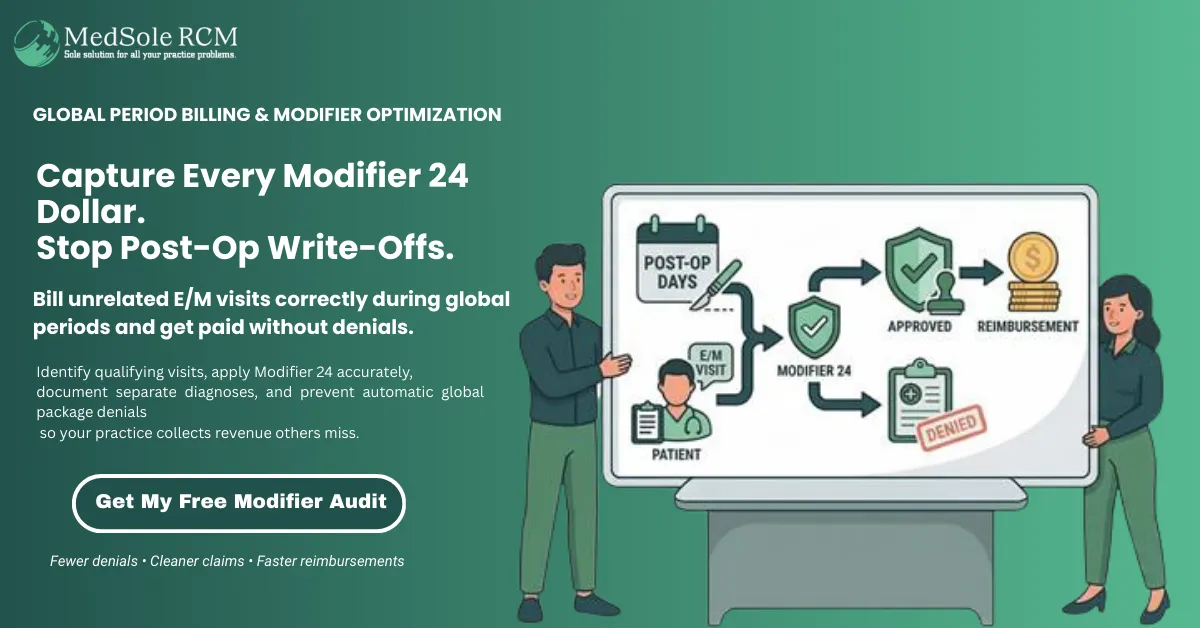
Posted Date: Jan 30, 2026
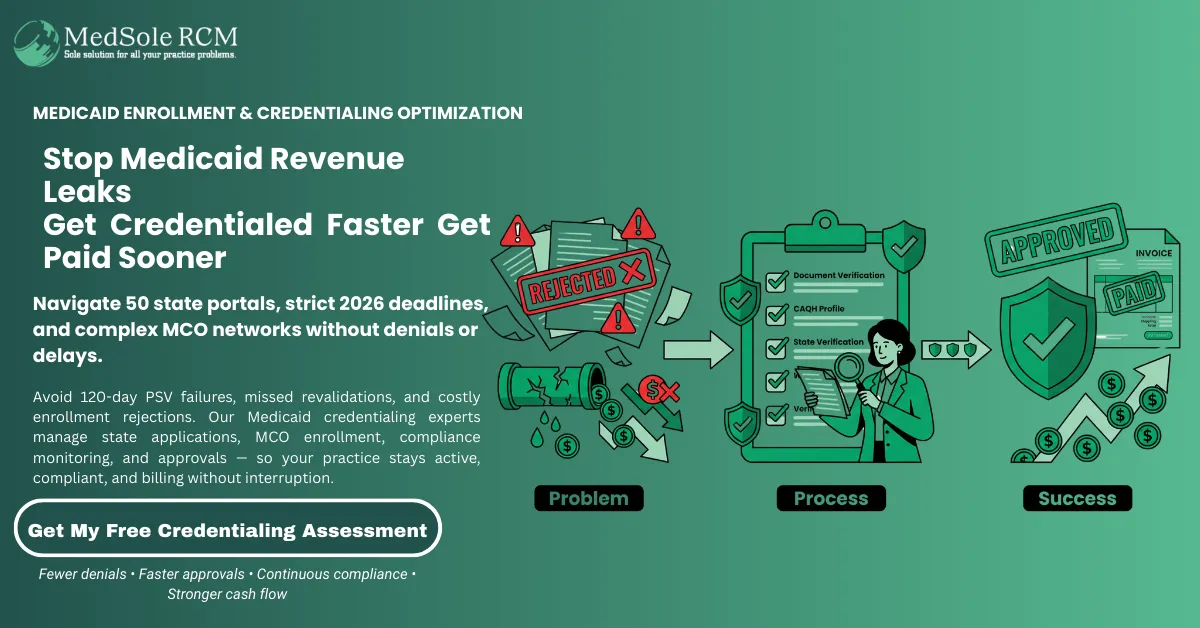
Posted Date: Feb 02, 2026
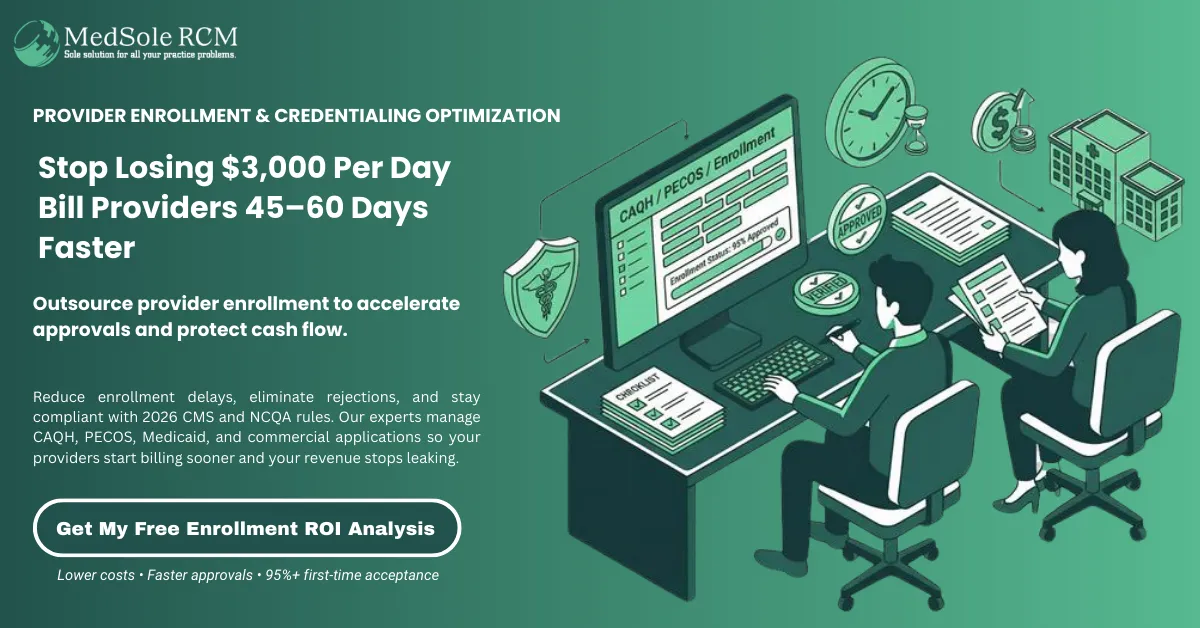
Posted Date: Feb 03, 2026
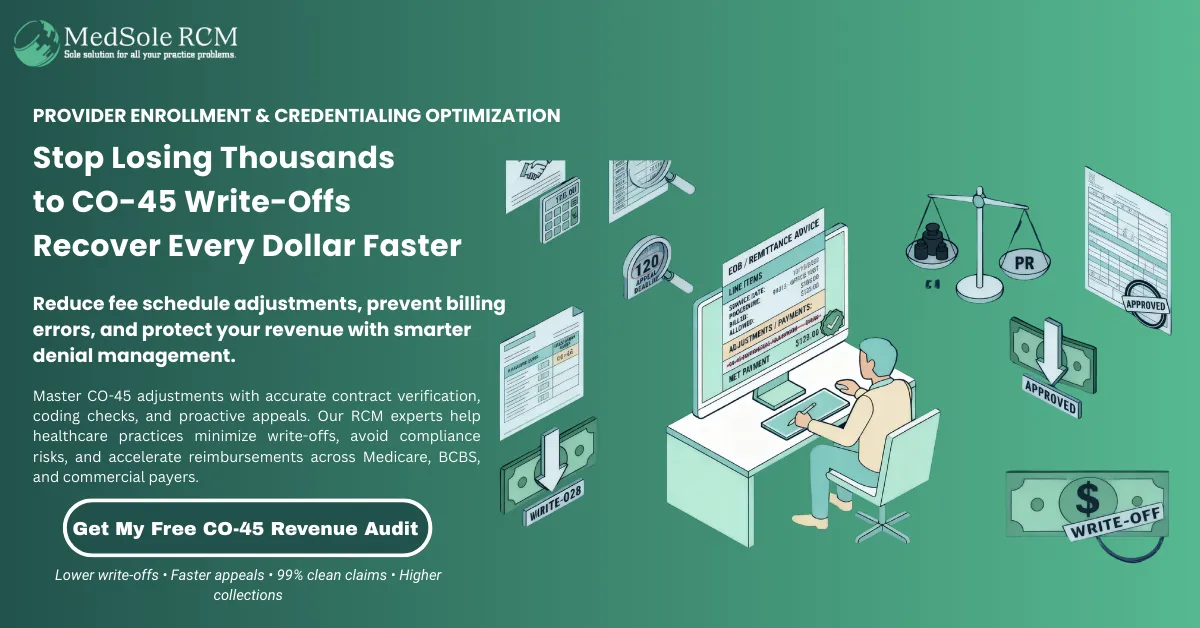
Posted Date: Feb 04, 2026
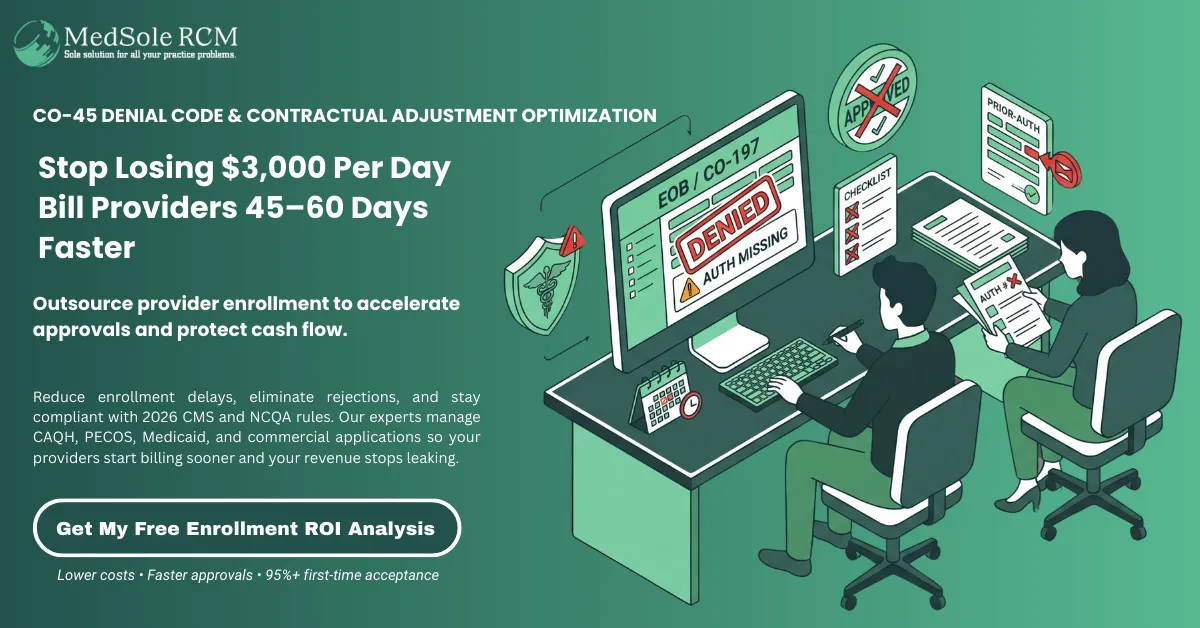
Posted Date: Feb 05, 2026
_11zon.webp)
Posted Date: Feb 06, 2026
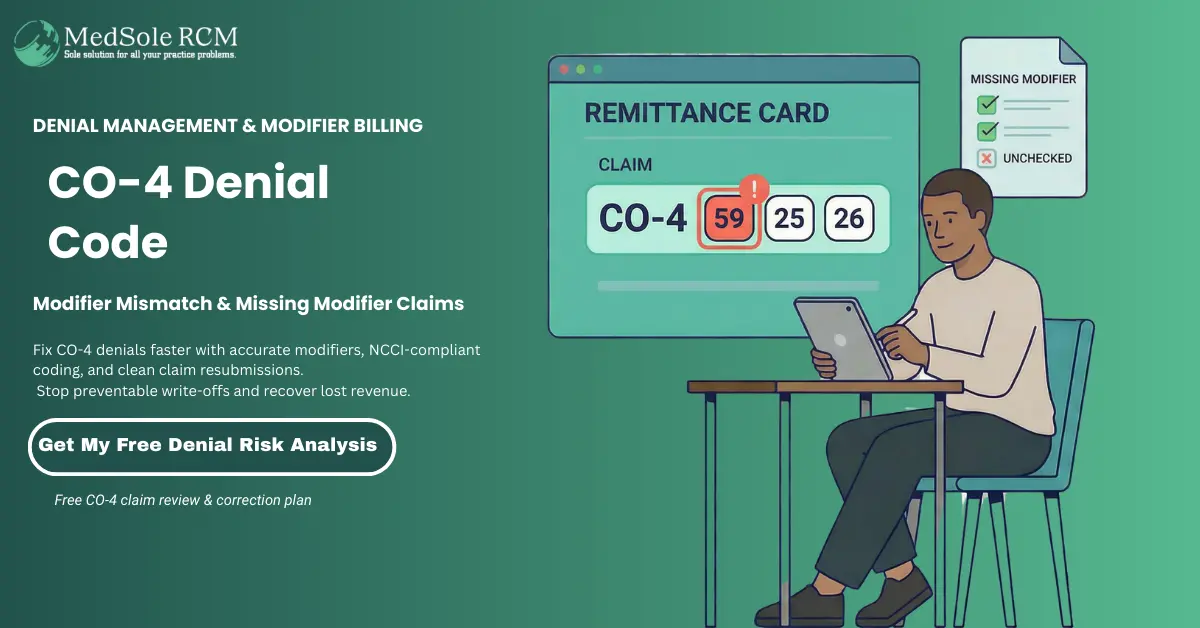
Posted Date: Feb 09, 2026
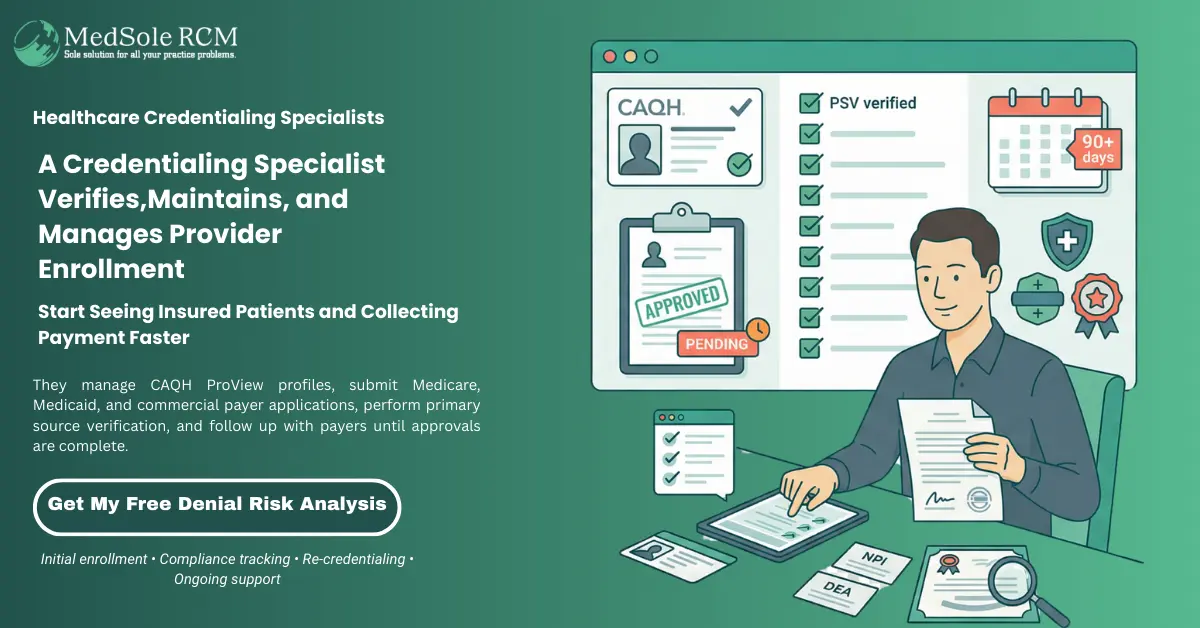
Posted Date: Feb 10, 2026
_11zon.webp)
Posted Date: Feb 11, 2026
.webp)
Posted Date: Feb 12, 2026
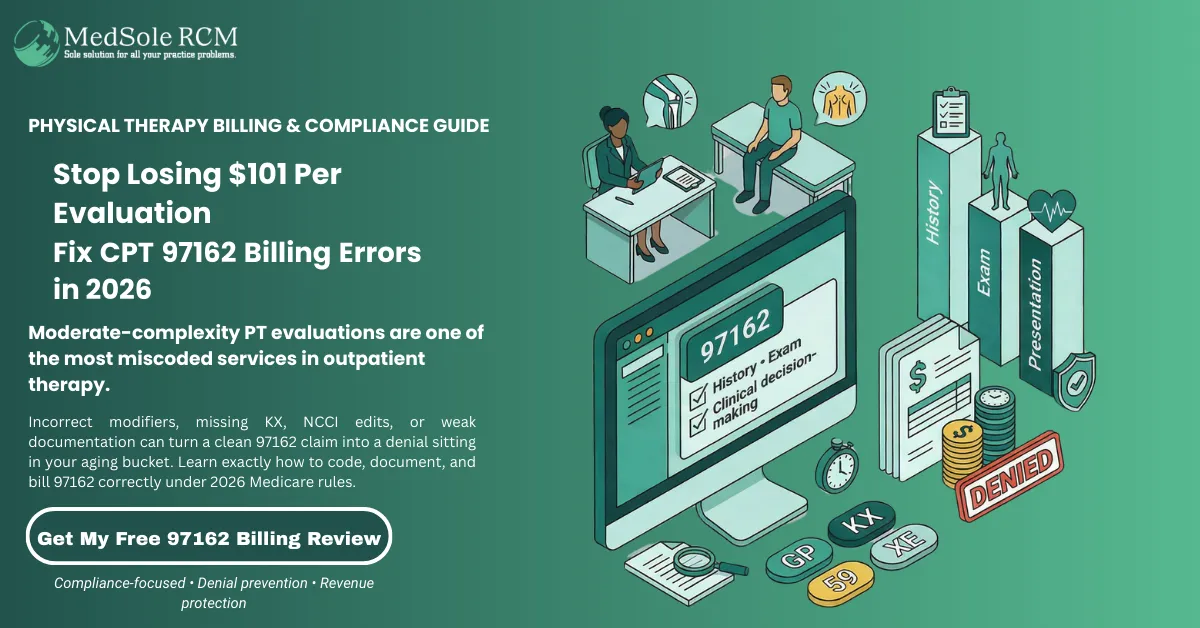
Posted Date: Feb 13, 2026
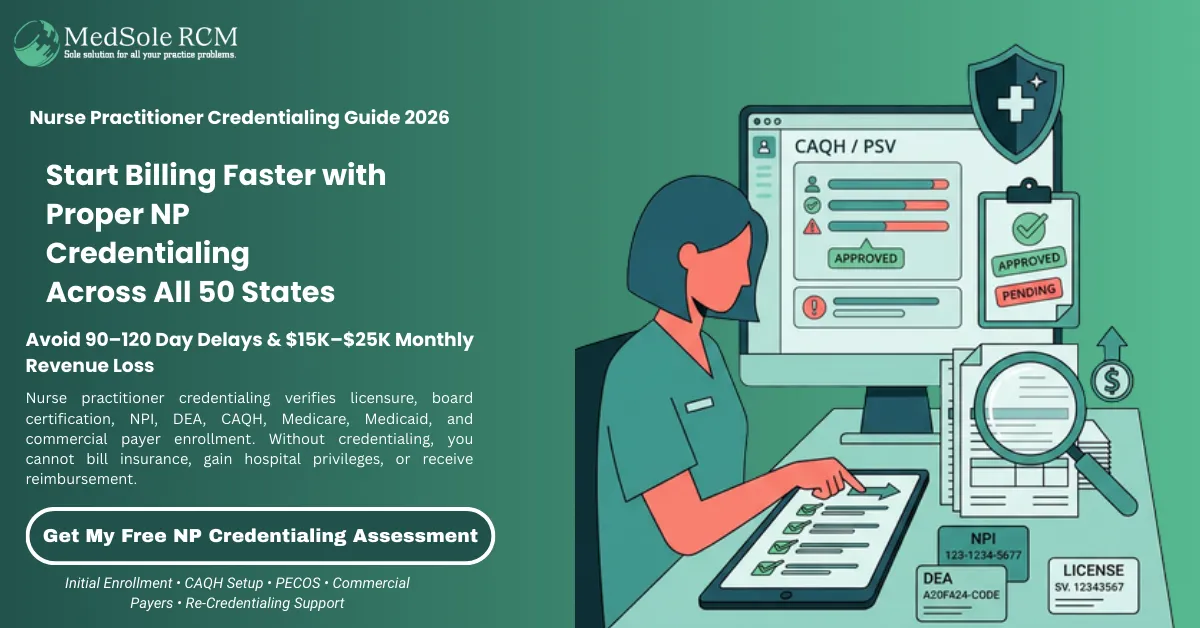
Posted Date: Feb 17, 2026
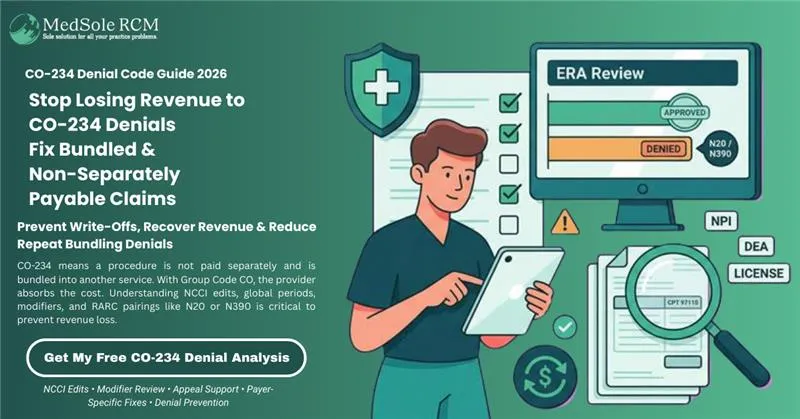
Posted Date: Feb 18, 2026
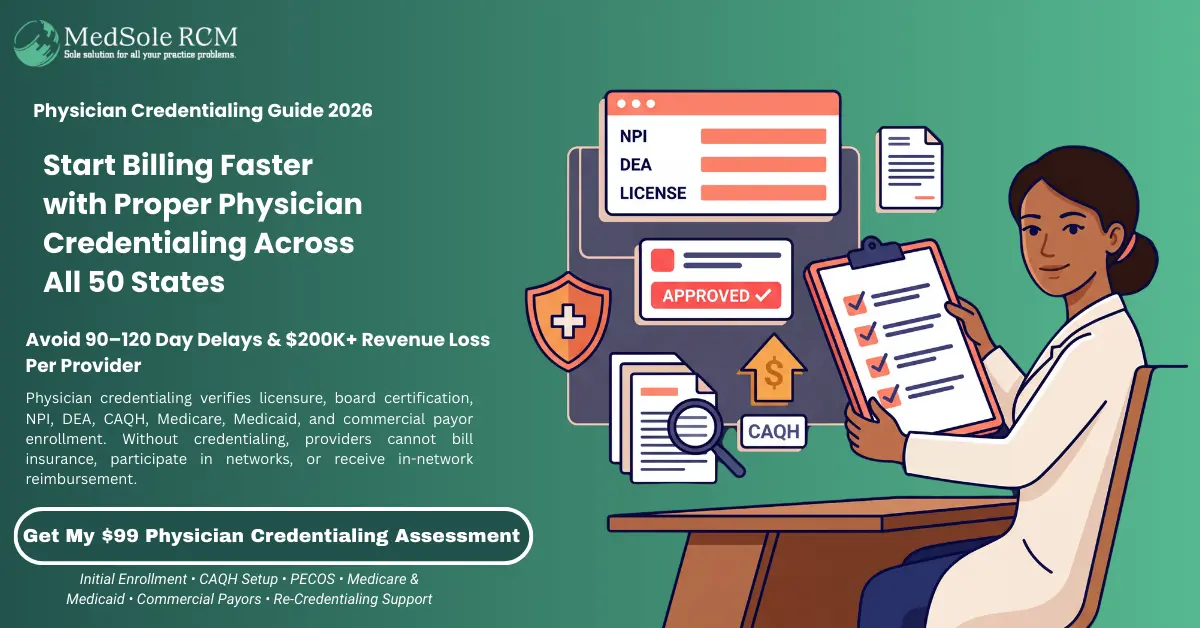
Posted Date: Feb 19, 2026
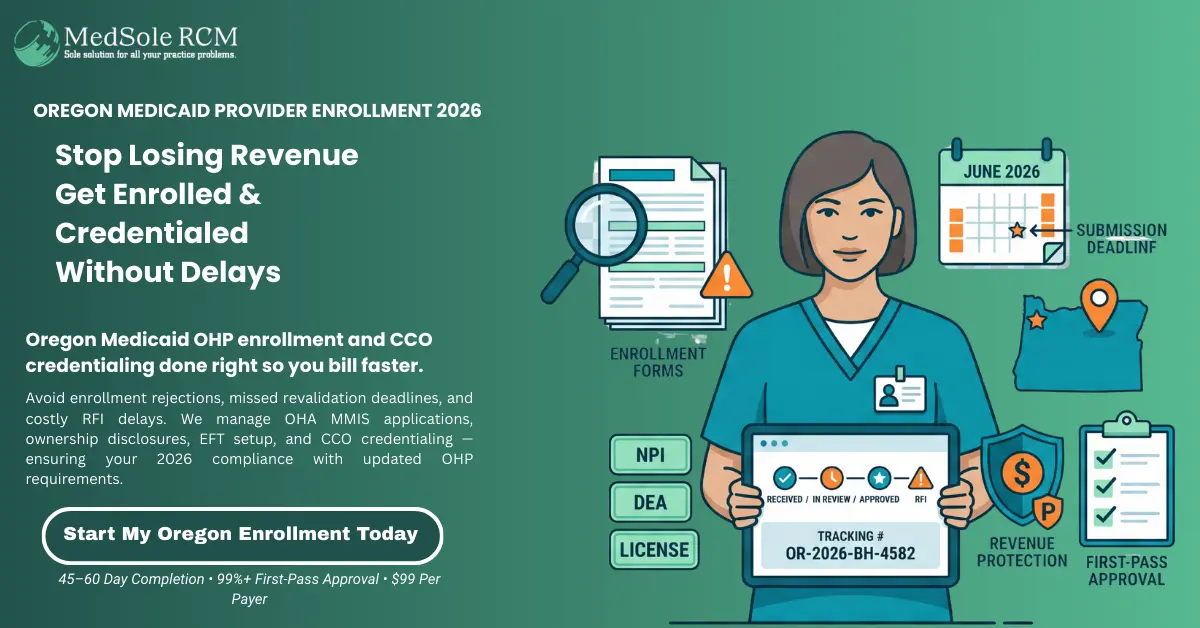
Posted Date: Feb 20, 2026
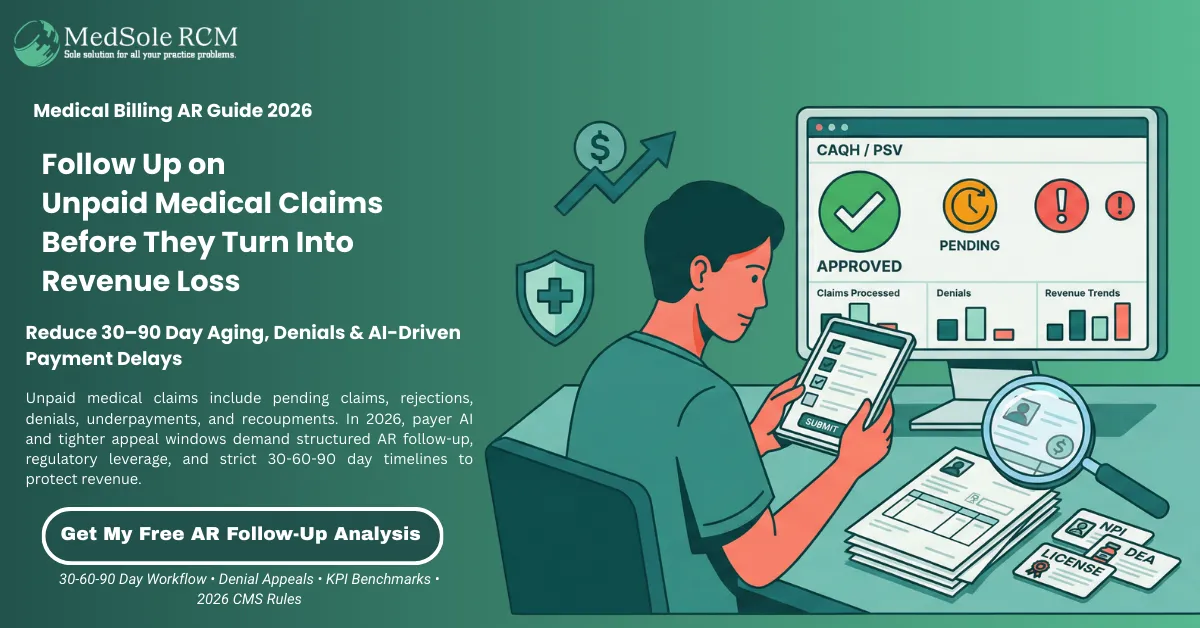
Posted Date: Feb 23, 2026
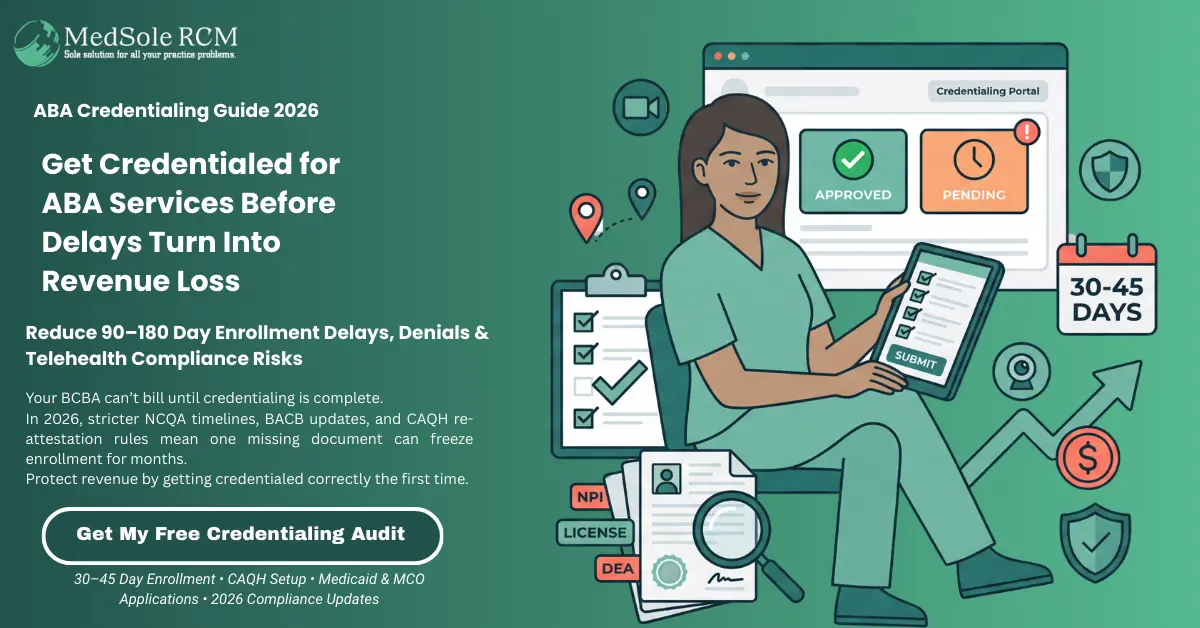
Posted Date: Feb 25, 2026
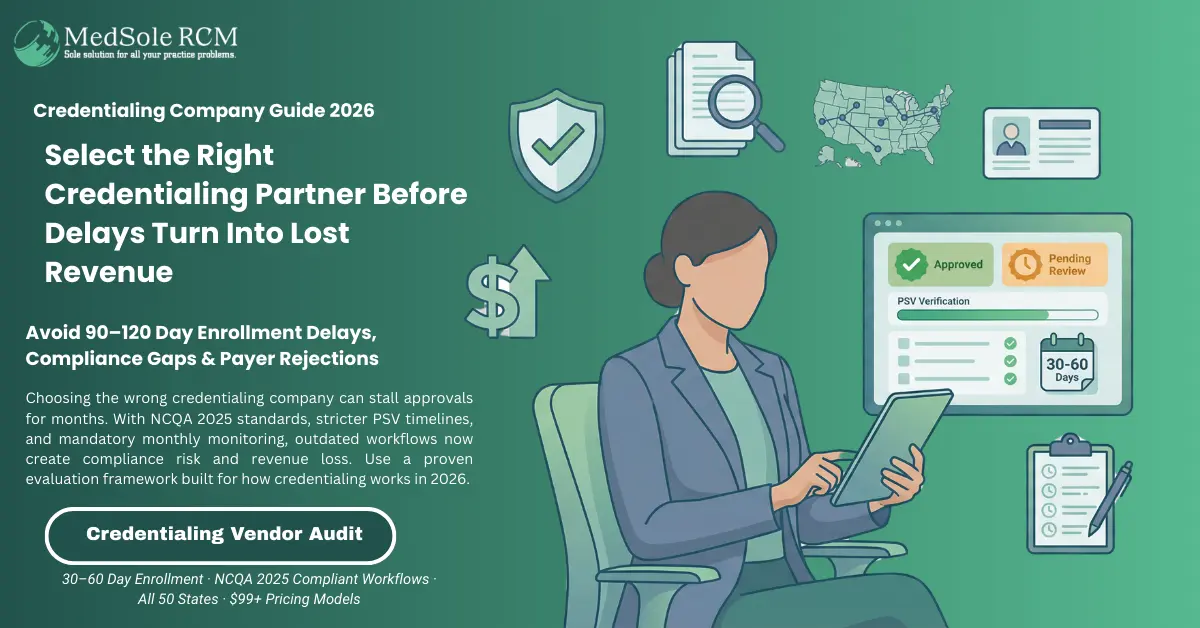
Posted Date: Feb 26, 2026